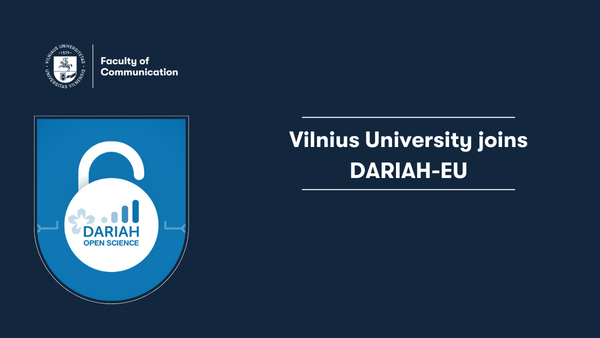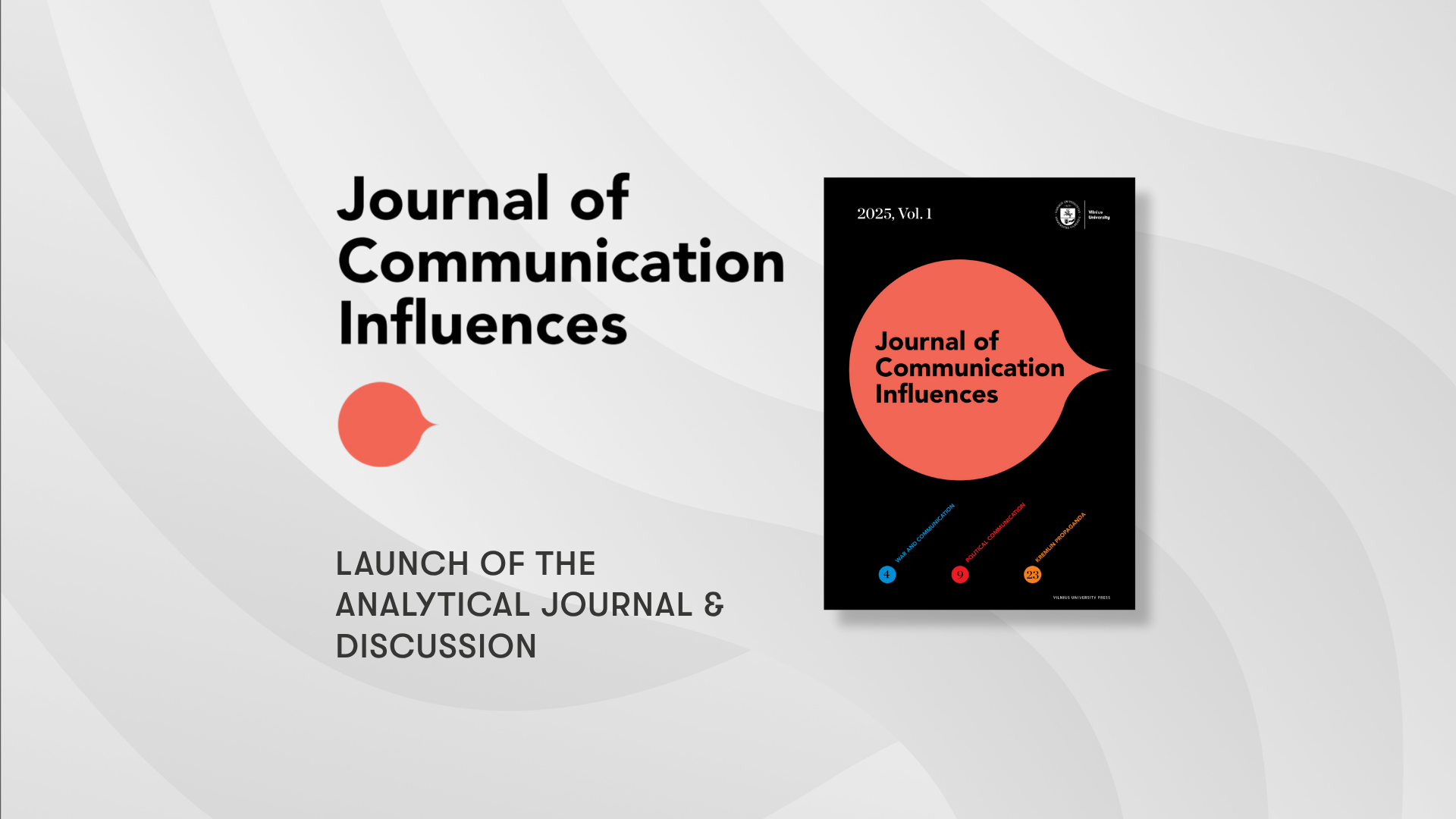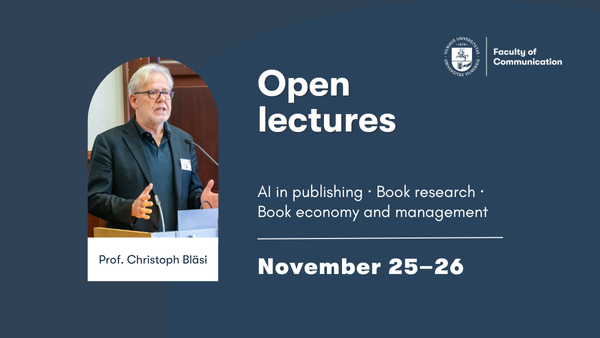International projects
Contact for project partners and proposals:
Renata Stonytė
Project coordinator
Bernardinų str. 11, Vilnius
Email:
Tel: +370 5 219 3038
- [2022–2025] Transforming data rE-use in ARCHaeology (TEtrARCHs)
- [2019-2023] Identity on the line
- [2025] Euromedia Ownership Monitor 2025 (EurOMo)
- [2020-2023] DigMus: muziejų specialistų skaitmeninių įgūdžių stiprinimas
- [2019-2020] Europeana Archaeology
- [2018-2021] Simulation Games in Strategic Communication
- [2018-2020] Sharing new perspectives your 3D view on Europeana
- [2017-2020] Media and information literacy innovative teaching methods laboratory
- [2018-2019] Media Literacy, Reuse, and Heritage in Education
- [2014-2016] Europeana Food and Drink
- [2014-2016] Local content in a Europeana cloud (LoCloud)
- [2013-2014] Research on increasing the attractivity and optimizing virtual access of Lithuanian national museums (LitMus-Web)
- [2010-2013] Lithuanian Egodocumental Heritage (LEGODOK)
- [2010-2013] Connecting Archaeology and Architecture in Europeana (CARARE)
- [2010-2011] Bibliotheca Lituana: Development of Collections of Memory Institutions (BLAIR)
- [2010-2011] HISTORIUS-P. Development of the National Network of Infrastructure of Lituanistic Scientific Research and Heritage: the Design Phase







